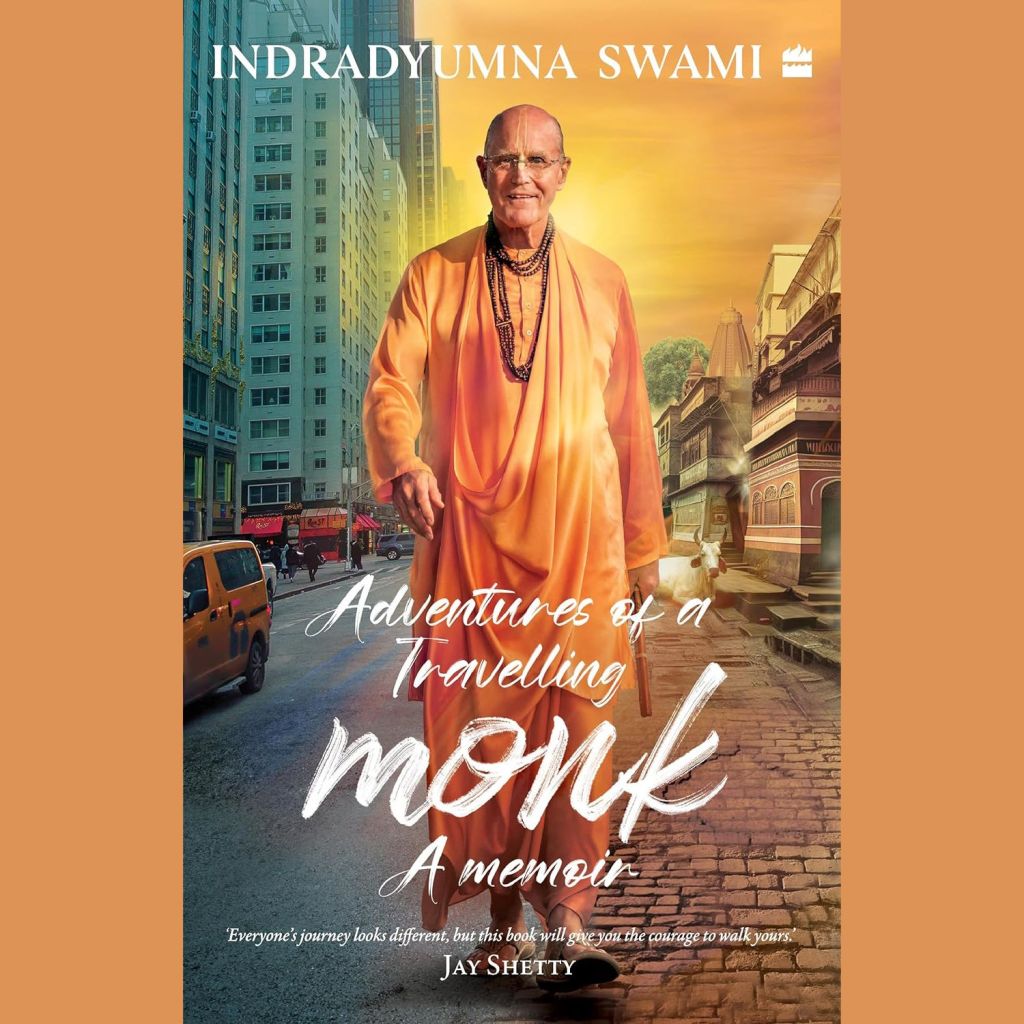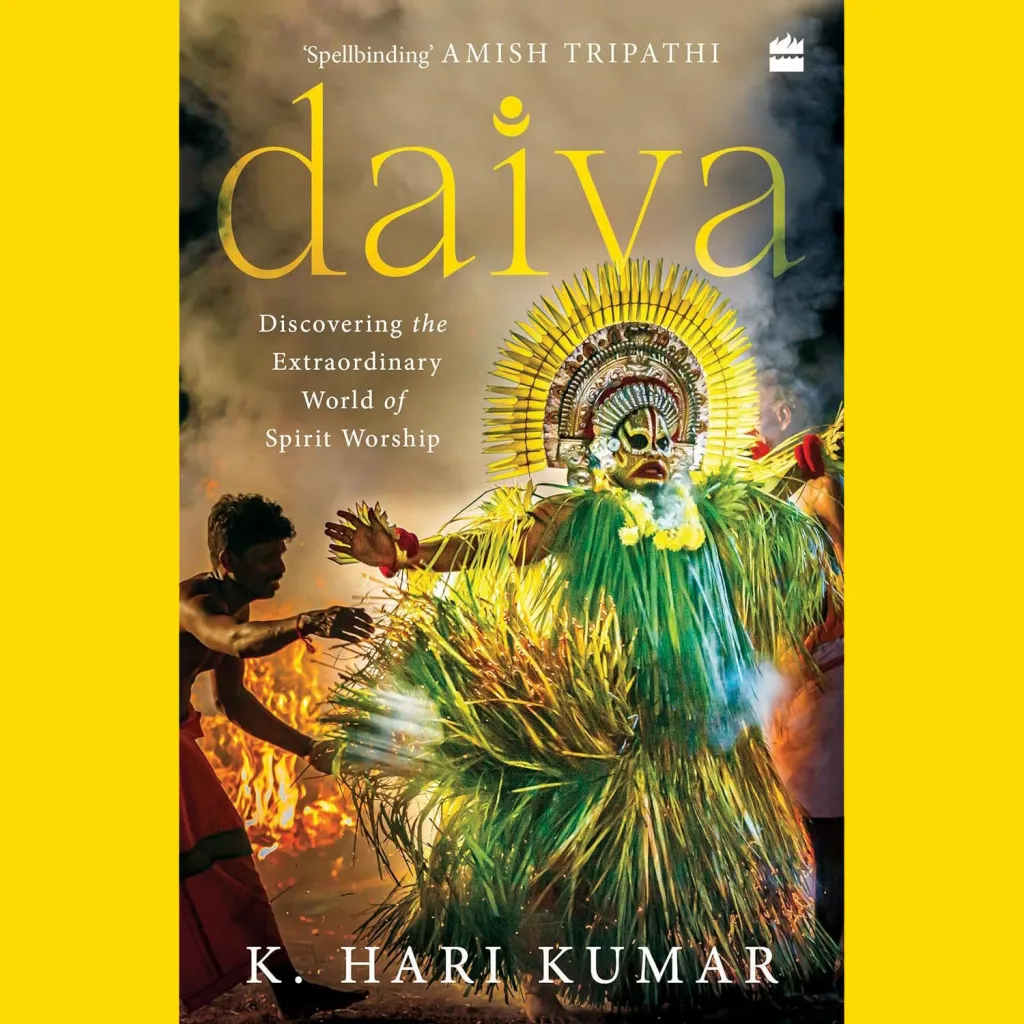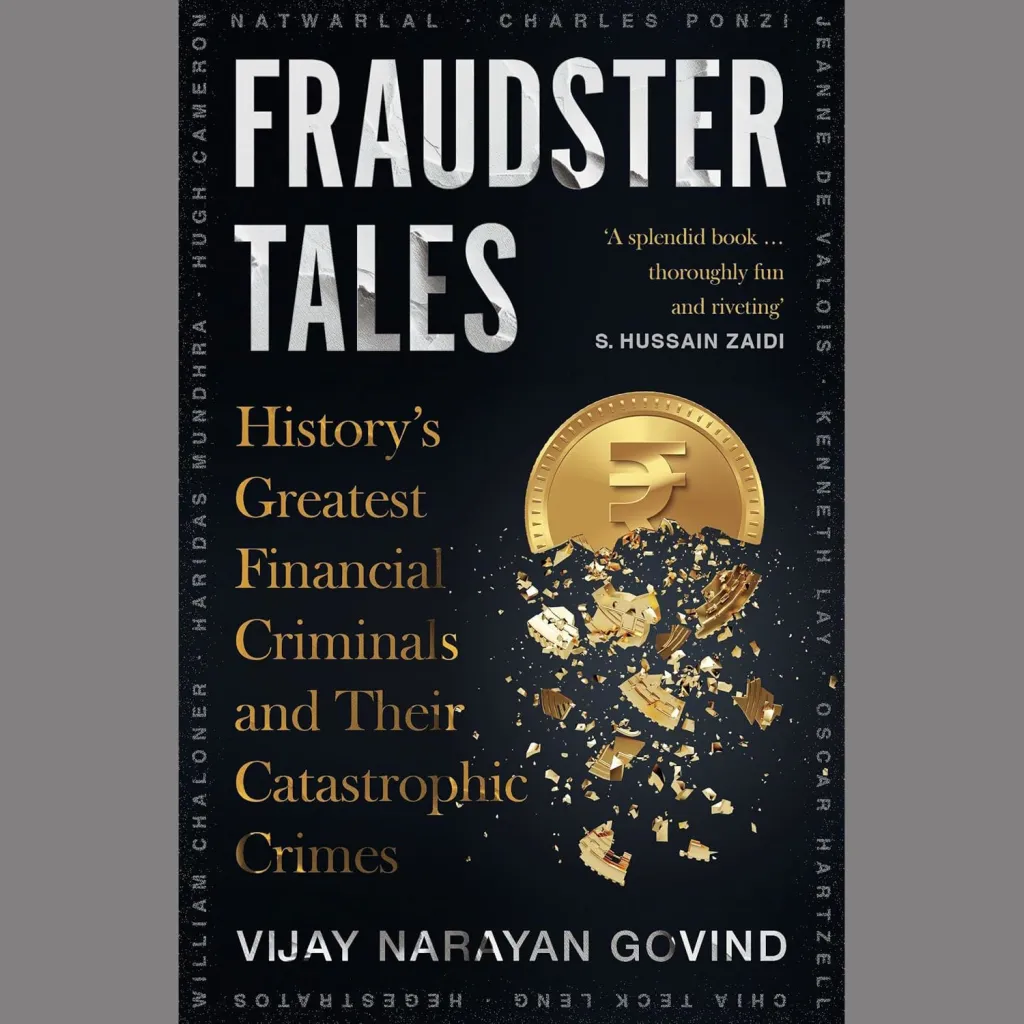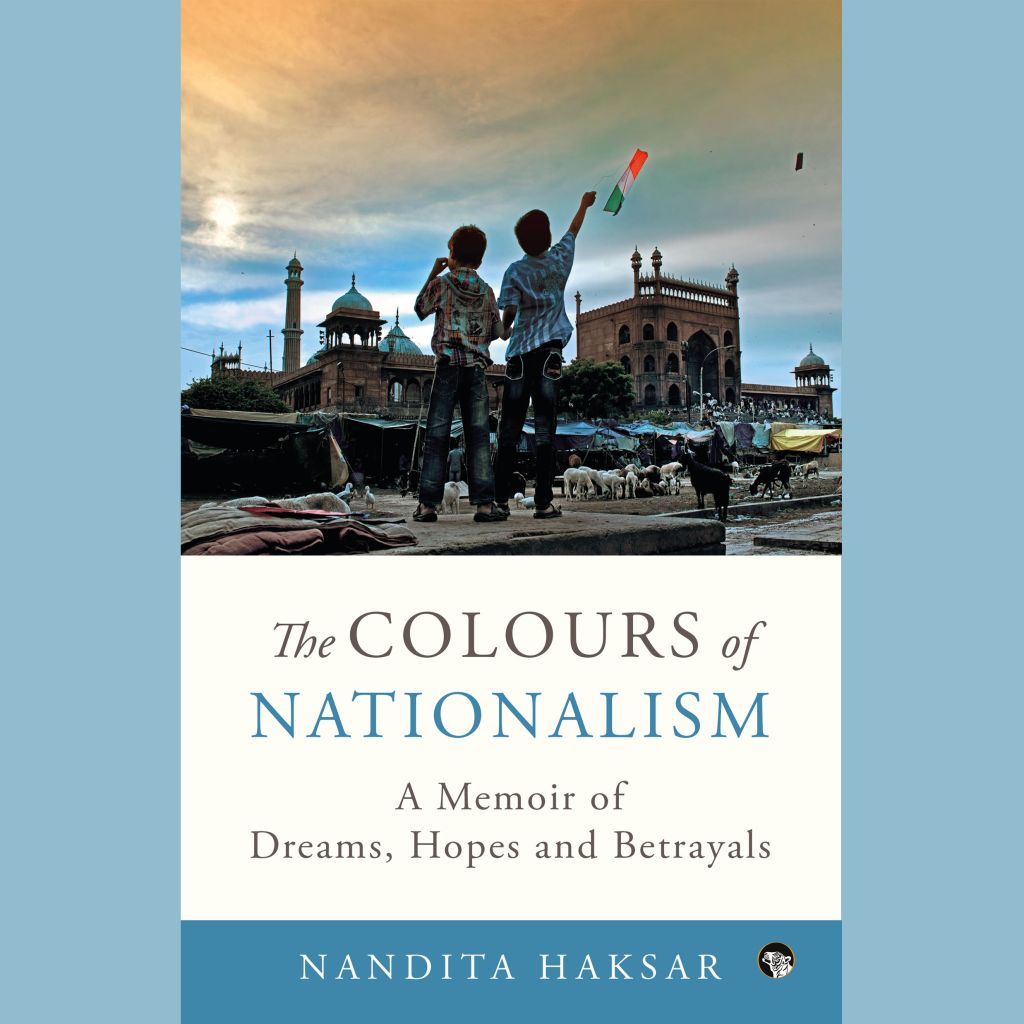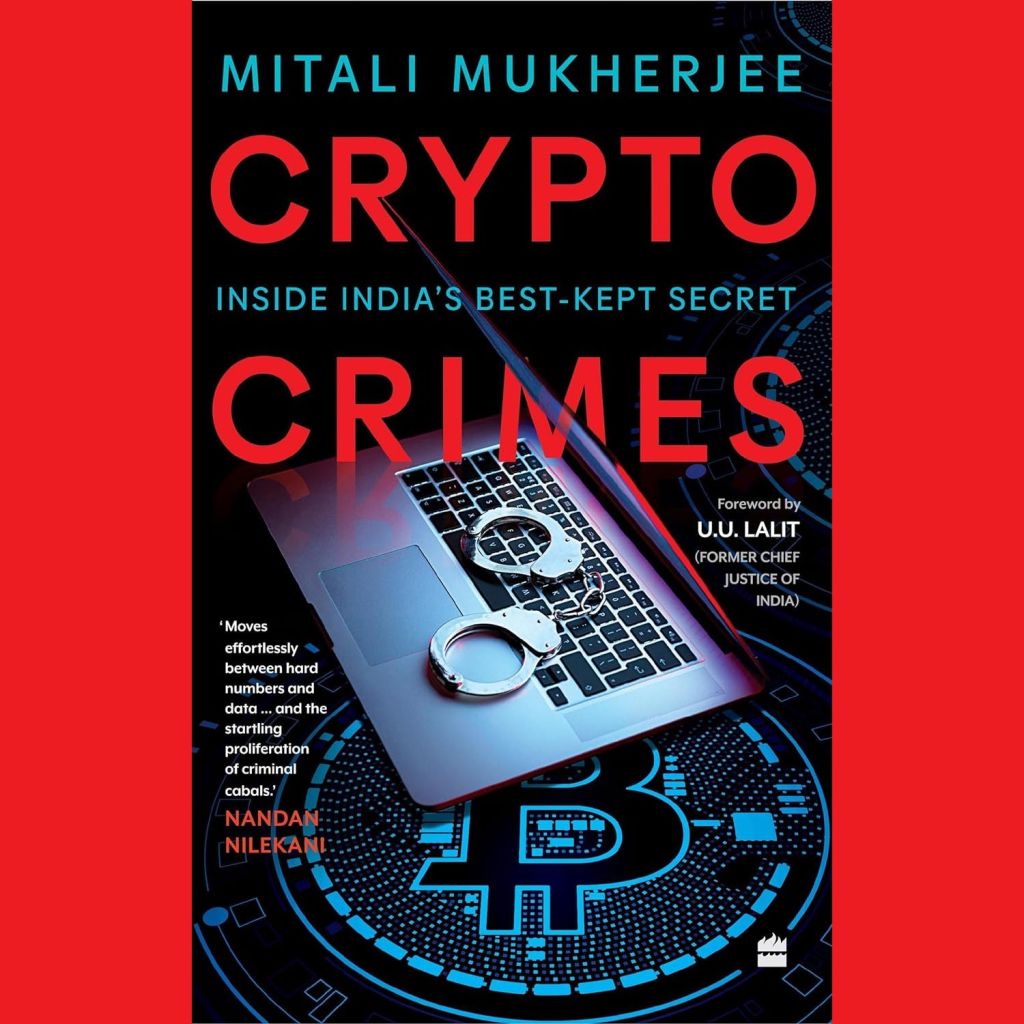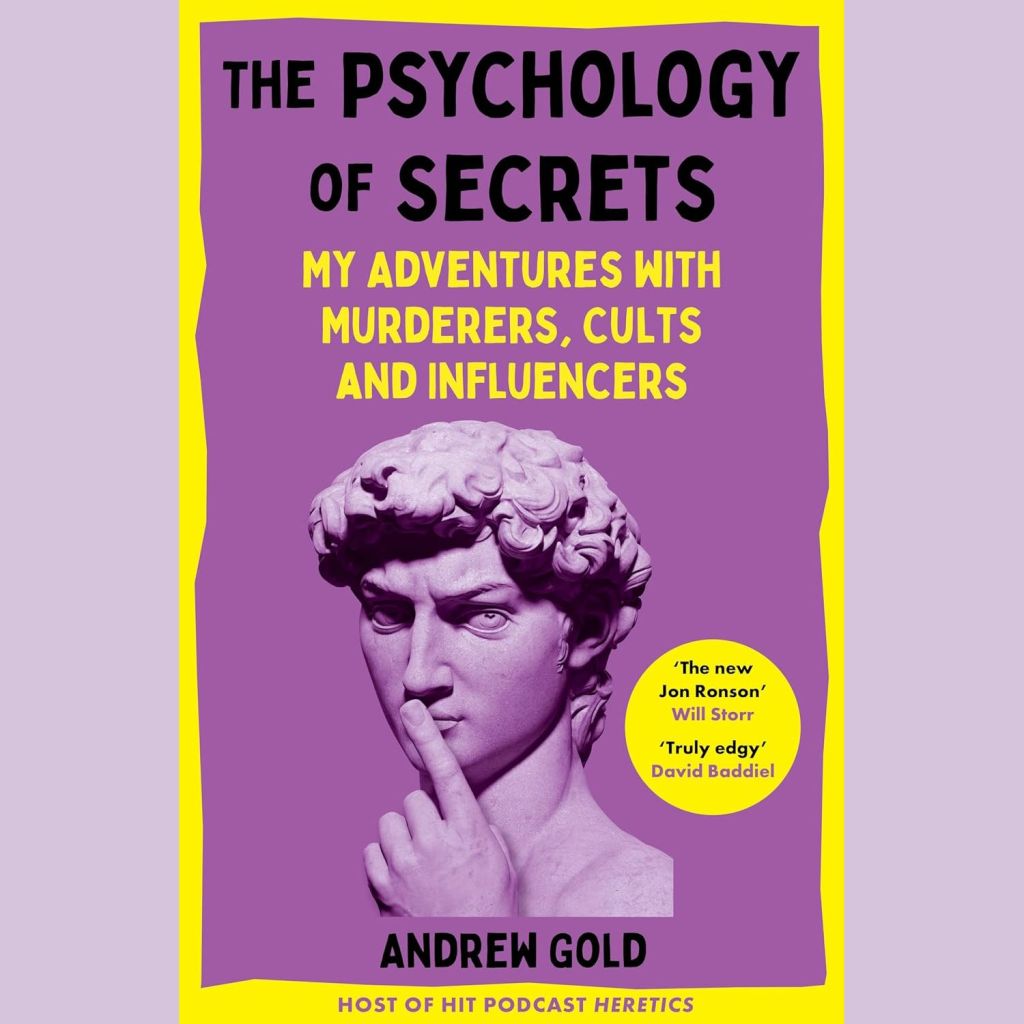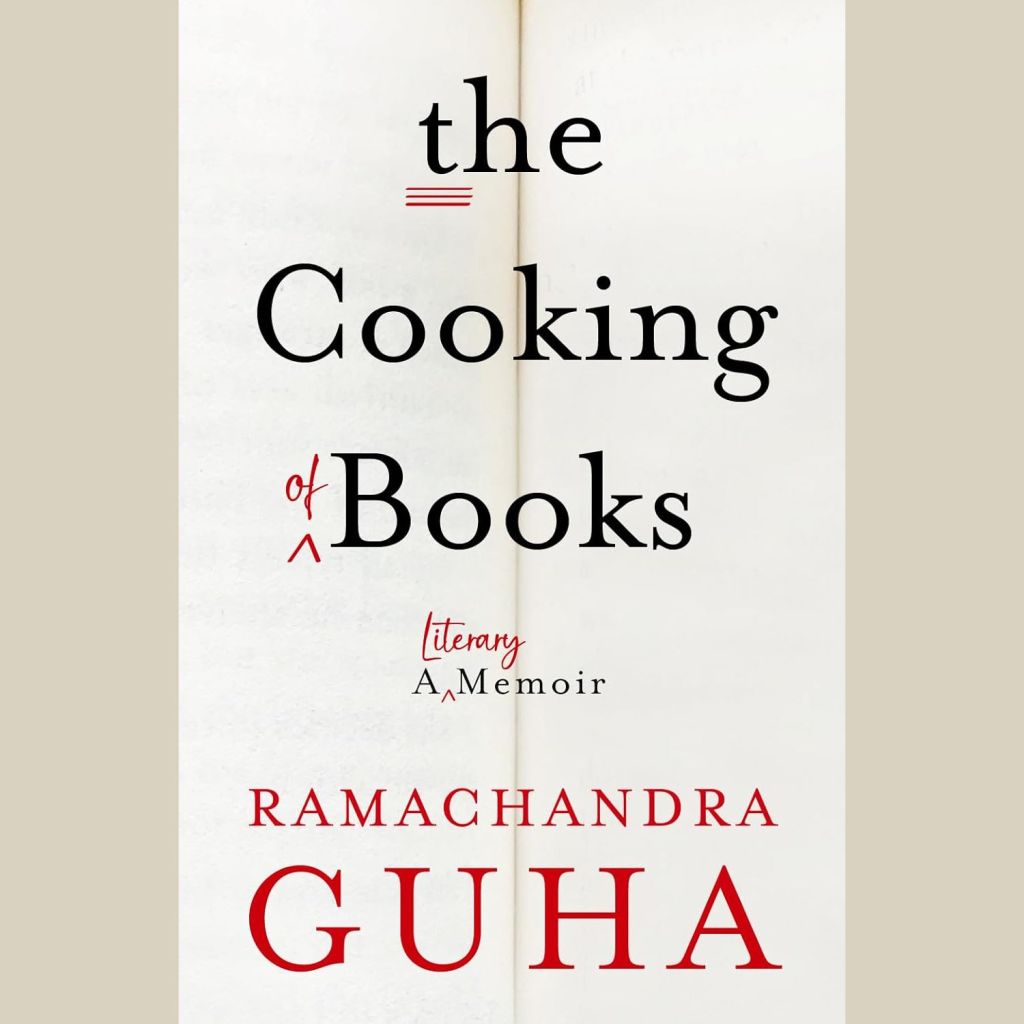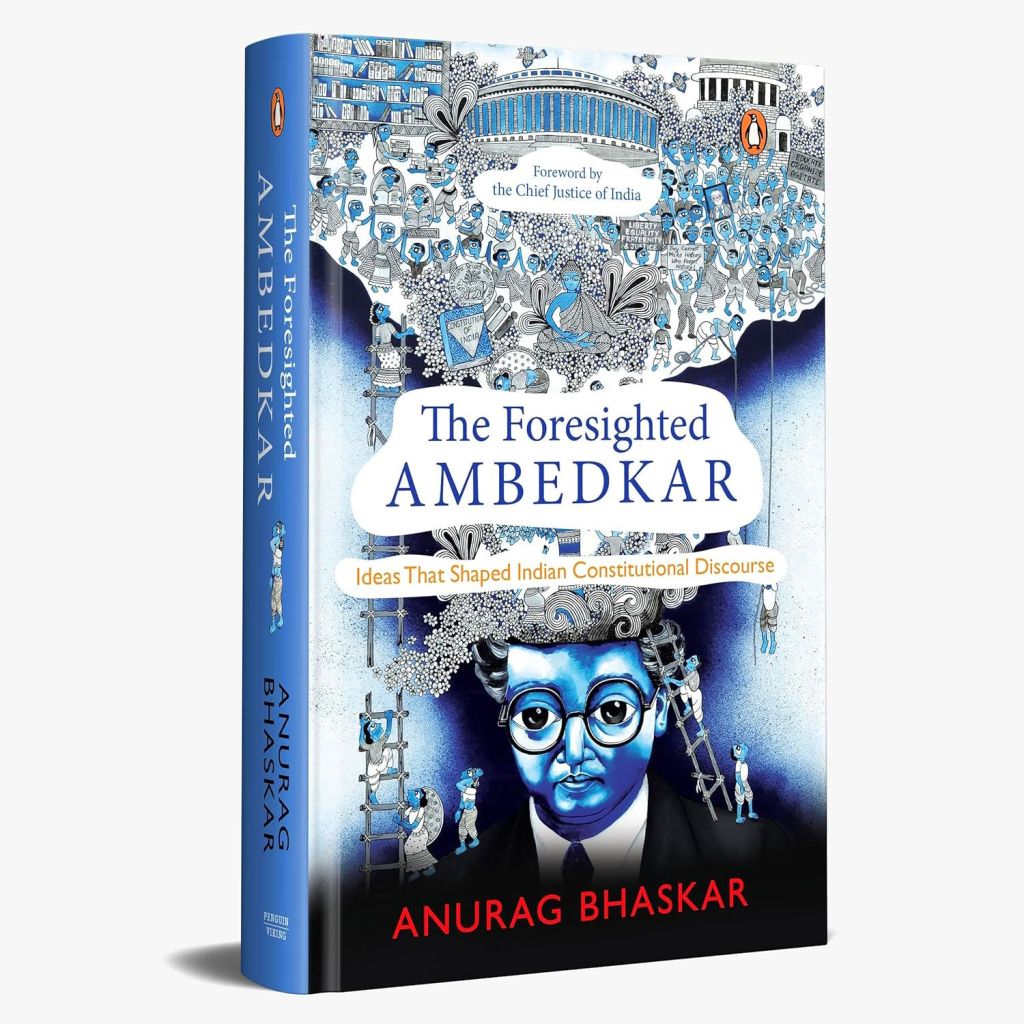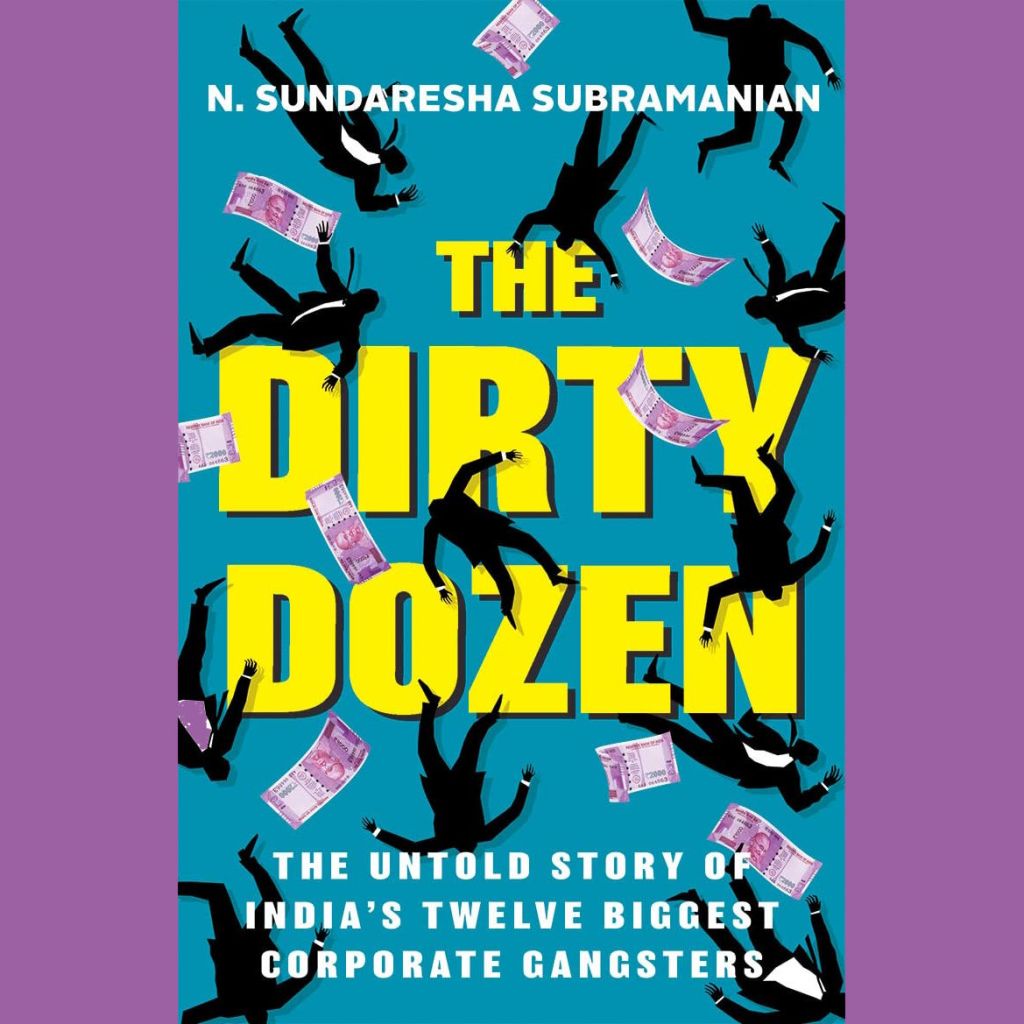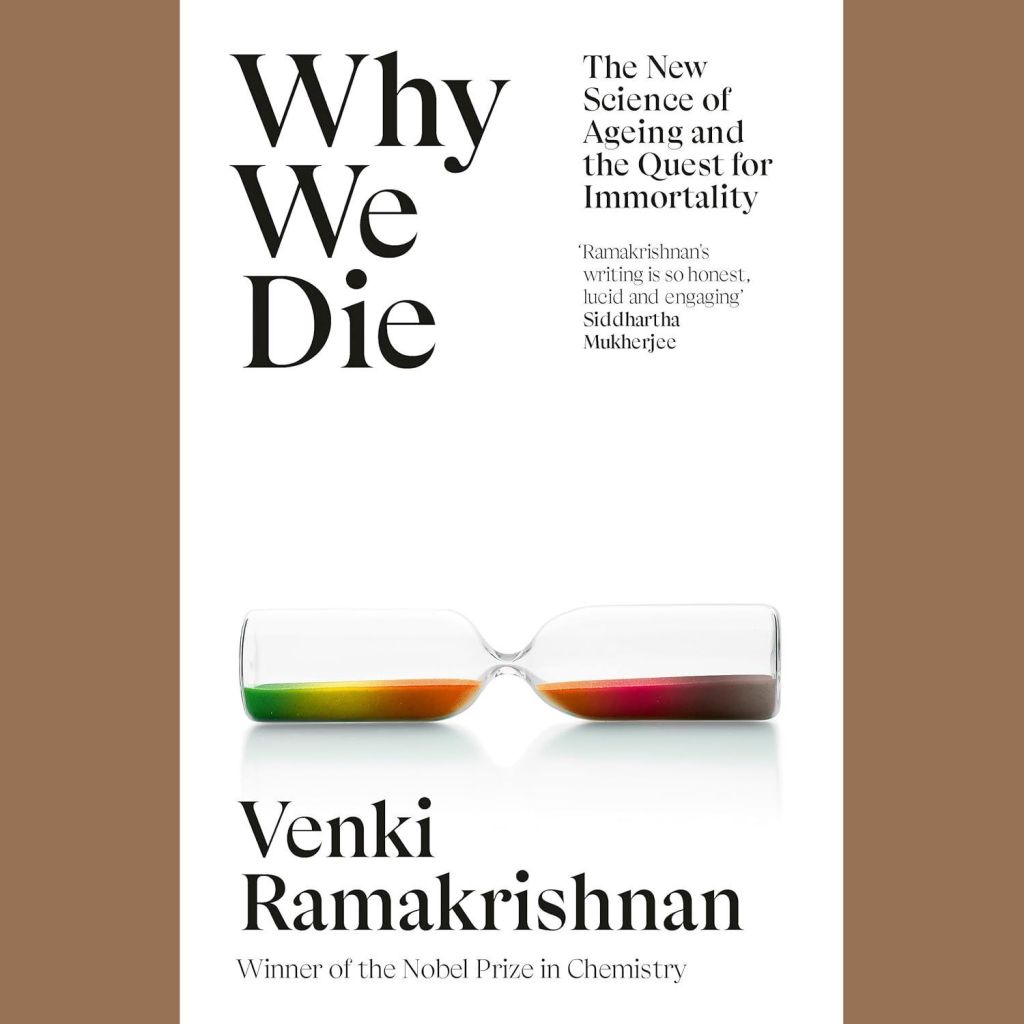Currently based in a remote village in Andhra Pradesh, Vinay is an independent scholar, philosopher, social scientist and poet. He is also a management consultant and has previously worked in the areas of planning, business development, IT product design, academic research and market research. We talk to him about his love for books and reading, and discuss some of his favourite authors.
What kind of books do you enjoy reading? What’s your favourite genre of books?
I generally prefer non-fiction that is philosophy, religion and the social sciences. On an average, I read ten times more non-fiction, mostly philosophy and social sciences and some literature (fiction and poetry). I read for intellectual edification more than pleasure. I have read something or the other in every discipline of humanities and social sciences but largely refrained from foraying deep into science, except for biology which interests me because it connects to human psychology and sociology. I prefer thought to feeling, logic and reasoning over emotions. That reflects in my personality too and I may sometimes come across as cold, argumentative and pedantic. My writing also tends to be jargon heavy.
You read a lot on philosophy? What is it that draws you towards this? Name a few authors who’ve left a significant impact on your thoughts?
There is often this perception that I am primarily a philosopher. At the same time I have read more books in philosophy than other disciplines. So the perception is true, but without it being the whole picture. Philosophy, religion, mythology and history top the list of my interests. Next come economics, linguistics, architecture, semiotics and psychology. After that come a host of disciplines like sociology, anthropology, social psychology, communication studies, defence studies, evolutionary biology, sociobiology, ethology, primatology and management theory. And finally, minor interests like film theory, music theory, art theory, design theory, literary theory, computing and other curiosity driven interests.
I meandered into psychology to understand why human beings create so many problems, and sociology to understand why society is such a problem and full of useless demands for conformity, which make neither rational sense nor moral sense nor improve anything for the better. This may be something related to the endless power struggles that blew up my childhood. I landed up in anthropology looking for alternative models of functioning societies. I ended up reading linguistics trying to understand communication problems more deeply. I ended up growing tentacles like an octopus, branching off into new disciplines, sometimes due to idle curiosity but more often due to a search for answers to vexing problems of self, life and the world. Coming to the part about authors, while reading Karl Marx I encountered GWF Hegel while still in my teens. Hegel wasn’t easy. I read The Phenomenology of Mind once, barely grasped it in a slow, painful reading where I had to pause at each sentence. Later, I read secondary literature on Hegel and returned for a second slow and painful reading for better understanding. Similarly, I encountered Plato through Alan Ebenstein’s Great Political Thinkers. Plato’s idea of meritocracy and philosophers-kings in The Republic matched my intuitive idea of how a country ought to be governed, except that Plato had discovered it 2,500 years earlier than me and exposited it with amazing intellectual rigour unlike my own intuitive hunches.
From Marx, I branched into a great deal of philosophy and fell in love with it When I was a leftist student activist during university, days, the left student leader, one of my eternal best friends, was a student of philosophy and he introduced me to his circle of friends who dabbled in philosophy. Many other thinkers entered my list through names dropped by friends in conversation at university, thinkers praised by other thinkers in their books, biographical dictionaries, encyclopaedias and textbooks etc.
Did you get started with reading a lot, very early in life?
I had a reading culture at home as my maternal uncle was a professor, my father was a part-time professor and architect and my mother was fond of reading too. My paternal grandfather had spent most of his inheritance on books and learning, and died quite young in poverty, and my father’s family had to struggle after his death. Ironically, nothing of my grandfather’s huge collection of books survived – some got damaged in a house fire and others in a flood.
So my father was both encouraging yet wary of over-encouraging reading as he felt being too bookish weakens your life skills. He wanted me to focus on science and practical disciplines instead of philosophy and become an architect like him. He shot down my idea of doing an MA in philosophy and pushed me into vocational education (mass communication) which is not connected to my subsequent professional journey or my main intellectual interests. Still, I read lots of books in communication studies as a student because once I got into the discipline at my father’s insistence, I became more interested in communication theory rather than journalism, advertising, or public relations which I found rather boring.
My mother, who could not complete her education due to poverty and dropped out of college in spite of her love for learning and being a class topper, wanted her sons to surpass everyone in the family in education to compensate for the loss of her personal dreams and was our maths tutor until 10+2, when her health started failing. She used to shift all our books to the puja room in our house on puja days to seek blessings of Goddess Saraswati for her children and return them sprinkled with turmeric and kumkum. I used to dislike it then, but feel nothing but a deep sense of gratitude for it now.
The madness of the drive to read in a wide range of disciplines came from a psychological crisis during late childhood and adolescence. It didn’t affect my brother, who loves reading like me and for many years was a school librarian but not as madly obsessed about reading as I was. My love for books and obsession with reading has lasted for decades and while I am getting tired now, I still start feeling incomplete if I am away from reading for too long.
Given the wide range of your areas of interest, would you care to name some of your favourite authors across multiple disciplines?
That is a difficult question to answer because I have way too many favourite thinkers and authors! I have read most heavily in the disciplines of philosophy and religion. My favourites in these areas are Lao Tzu, Confucius, Plato, Aristotle, Adi Sankaracharya, St. Thomas Aquinas, Al-Ghazzali, Niccolo Machiavelli, Rene Descartes, Voltaire, GWF Hegel, Arthur Schopenhauer, Karl Marx, Frederick Engels, Soren Kierkegaard, Friedrich Nietzsche, Gilbert Ryle, Willard Van Orman Quine, Martin Buber, Rudolf Otto, Max Scheler, Mircea Eliade, Martin Heidegger, Albert Camus, Jean-Paul Sartre, Maurice Merleau-Ponty, Jose Ortega y Gassett, Gilles Deleuze, Paul Virilio, Jacques Derrida, Giorgio Agamben, Chogyam Trungpa, Carlos Castaneda and many others.
In social and human sciences, I have scattered favourites across a very wide range of disciplines. Individually, I have read fewer thinkers and books per discipline as compared to philosophy or religion but collectively far too many to mention with any justice. Still, very briefly, a non-representative list of some of my favourites in biology, social sciences and humanities are Richard Dawkins, Desmond Morris, Jared Diamond, Ernest Becker, Erich Fromm, Carl Gustav Jung, Julian Jaynes, Erving Goffman, George Herbert Mead, Elias Canetti, Marshall McLuhan, Arnold J. Toynbee, Emil Ludwig, Henry Adams, John Kenneth Galbraith, Kenneth Boulding, Tibor Scitovsky, Kenichi Ohmae, John Keegan, Mark Reardon, Peter Watson, Victor Witter Turner, Mary Douglas, Robert Plant Armstrong, Rene Girard, Michael Taussig, Ferdinand de Saussure, M.A.K. Halliday, Roman Jakobson, Edward Sapir, Benjamin Lee Whorf, Noam Chomsky (only his linguistic works and not political ones), Lon Fuller, Hans Kelsen, George Sher, Giorgio Agamben, Jose Ortega y Gassett, William Graham Sumner, Harold Bloom, Charles William Morris, Charles Sanders Pierce, Christian Metz, Sergei Eisenstein and Donald Norman.
In fiction, it’s Ernest Hemingway, William Shakespeare, Anton Chekhov (plays), Fyodor Dostoevsky, HP Lovecraft, JRR Tolkien, Gao Xingjian, Italo Calvino, Umberto Eco, Gabriel Garcia Marquez, Lewis Carroll, George Orwell, Timothy Mo, JM Barrie, Walter Scott, HH Munro (Saki) and others. And yes, I like children’s literature. It has its own sweet beauty. I also like lots of poets but I read poetry in a very scattered way. Here, the list will be too long to mention but I would have read no more than a few poems per poet in most cases.

Any favourite Indian authors?
My favourite Indian authors are mostly ancient, medieval and early modern like Adi Sankaracharya, Kabir, Tulsidas, Mir Taki Mir, Mirza Ghalib. I read lots of spiritual texts too. I have high regard for modern Indian philosophers like BK Matilal and Radhakamal Mukherjee but I have only touched their work in passing, having only skimmed through it rather than having read in detail. In social sciences, I have high regard for MN Srinivas, Sudhir Kakkar, Ashish Nandy, and Arun Shourie but have not read much of the rest. Frankly, I don’t know much about modern Indian authors at all as I focus on leading thinkers in each discipline who tend to be mostly from the West.
Modern Indian non-fiction writers generally don’t appeal to me much. They often seem to me opinionated, sentimental and shoddy cherry-picking researchers, high on hyperbolic rhetoric and political partisanship. They don’t understand that activism has to be kept subordinate to scholarship. They are either bad writers who neglect intellectual rigor, methodology or depth for excessive literary embellishment or political hyperbole, or neglect both intellectual rigor and depth to deliver insipid ideas in equally insipid prose. I confess I have not followed them much and don’t know a wide range of them.
The comprador syndrome of perpetuating Western prejudices and Western colonial and neo-colonial narratives about India, of modernist Indian writers, also puts me off. They often revel in shaming traditional Indian culture or peddling hate narratives to break India along as many lines as they can. This is true of Indian non-fiction writers as well as fiction writers in English. However, fiction writers in regional languages like Hindi and Punjabi (and I guess other languages I might not be well acquainted with) seem to have their ear to the ground, devoid of the neo-colonial snobbery that plagues many deracinated Indian writers in English, who write as if they are East India Company officers shocked by primitive, savage and barbaric India.
Traditionalist scholars celebrating our heritage on the other hand tend to be pedantic, burying translations of ancient works under an excess of unreadable, sometimes unnecessary commentary rather than focusing on providing good, readable translations that will make the works more accessible. Some traditionalists turn ancient Indian works into intimidatingly fat tomes through commentary, which sometimes runs into multiple volumes. That alone suffices to prevent people from picking up and reading heritage Indian works.
I haven’t read literature in most Indian languages except Hindi, Punjabi (only poetry), Urdu (only poetry), Telugu (only poetry) and a few Sanskrit, Tamil and Bengali works in Hindi or English translations. Most of my experience comes from old Doordarshan TV series based on Indian literature or poetry used in film songs, bhajans or ghazals. Indian poets are excellent except those who write in English, where they are bad free verse writers, though bad free verse is killing poetry in Hindi too.
In Indian fiction, RK Narayan is someone I love much, although I don’t correctly recall how many of his works I have read. My father was fond of him too and used to bring RK Narayan’s books home from the Chandigarh College of Architecture (CCA) library. Rabindranath Tagore’s Geetanjali is amazing poetry although I have read it in an English translation, which was my father’s college best friend’s wedding gift to my late parents. Tarashankar Bandhopadhyay’s Ganadevata is movingly idealistic. I read it in a Hindi translation after watching the DD TV series. I also bought Rangeya Raghav’s Kab Tak Pukaroon after watching the DD serial, but it got lost when my house help borrowed to read it and failed to return. I didn’t get to read it. Shrilal Shukla’s Raag Darbari is a delight. I bought it at Kolkata in 2014. It’s high satire and very earthy. I read this one in Hindi. Upamanyu Chatterjee is funny and no holds barred in Mammaries of The Welfare State. I read Andha Yug by Dharamvir Bharati in an English translation, and Jhumpa Lahiri’s The Interpreter of Maladies but wasn’t impressed. Older writers like Kabir, Tulsidas however are always a delight.
What are some of the most remarkable books you’ve read in recent years? Why do these stand out among all others?
The best I have read are way in the past. But among the better ones I read more recently is George Sher’s Desert, a slim work in political philosophy focusing on distributive justice. ‘Desert’ here means what you deserve and is not to be confused with the geographical landform. Sher considers egalitarian political philosopher John Rawl’s dismissal of desert in his A Theory of Justice and demolishes the key assumption of Rawl’s theory.
Then there is Hans Kelsen’s Introduction to the Problems of Legal Theory, the shorter first edition of his famous work, The Pure Theory of Law. Kelsen’s legal positivism has fewer takers today but as a work of defining law in strict value-neutral terms and providing the logical foundations of law devoid of external considerations, it is extremely cerebral.
Lon L. Fuller’s The Morality of Law is an old classic that details ways in which the legal system may fail, a list I found useful but limited and dated. The work is credited with bringing legal idealism into fashion against the climate of legal positivism of his time. But contrary to my expectation, Fuller doesn’t merely explain the ways it may fail but goes into explaining the conditions under which an exception should be made along with attendant risks.
Elias Canetti’s Crowds and Power is another classy work I have read recently and was on my wishlist for a decade. It remains unmatched as a study of pack, herd, crowd, mob psychology and the paranoia of power. Canetti also wrote one brilliant novel, Auto-da-Fé, which by the way is closely connected to the topic of this interview – books. The novel contrasts the bookish man and the worldly man to weave a devastating tragedy of the scholar-idealist.
Italo Calvino’s Invisible Cities is another amazing work. I don’t know how to classify the work – as a novel, a series of stories or a classic work of philosophy. I am more inclined to treat it as philosophy. A summary can’t do justice to it. It has to be read to be experienced.
Then, we may add Julian Jaynes’s The Origin of Consciousness in The Breakdown of The Bicameral Mind, a ground breaking work in psychology that posits that consciousness as we know it today, that is, as a mind perceiving its own voice as its own, doesn’t exist in everyone and probably didn’t exist in the remote ancient world. This one was on my wishlist since my university days. Julian’s thesis is that the brain was split between a voice perceived as coming from outside and a receiver obeying the commands. The work is a challenging thesis explaining the origin of religion and weaves a rich tapestry of insights from myths to hypnotism subjects to schizophrenics. However, the work consists of only the first two parts of a promised five-part book. The second volume consisting of three parts never came about. Jaynes died without completing it. That it remains incomplete is perhaps the reason the work is less known. I was myself left hanging in balance, questions unanswered. But that doesn’t subtract from the ground-breaking originality of it.
Manfredo Tafuri’s Architecture and Utopia is another good work, albeit with a Marxist rant against capitalism. The work chronicles and explains the decline of town planning vision, and why architecture got divorced from town planning. Architecture and town planning is an abiding interest for me as my father was an architect. And I have personally realized the need for town planning ever since leaving the planned city of Chandigarh where I grew up. I felt the need in chaotic Ahmedabad, the squalor of Mumbai and realty gone mad in Hyderabad.
Michael Taussig’s My Cocaine Museum is an awesome work of anthropology, based on his fieldwork over years in Columbia. The work is brilliant in its structure and instead of focusing on description and narration focuses on themes that capture experiences. Like Calvino’s book it is difficult to summarize. It has to be read to be experienced.
Jane Smiley’s Thirteen Ways of Looking at the Novel, it’s title inspired by the famous Wallace Stevens poem Thirteen Ways of Looking at a Blackbird, is a fantastic contribution to literary theory, particularly theory of the novel as a genre. The second half of the book consists of summary and reviews of 101 novels she read in order to understand the novel as a genre. The collection is biased towards ‘who will marry whom’ kind of romantic novels and is therefore not to my taste, and her reviews are fiery and opinionated with doses of humour and sarcasm. But the first half is an amazing exploration of the novel from multiple points of view, synthesizing the best of other literary theorists’ observations on the genre.
Tibor Scitovsky’s The Joyless Economy is another fantastic, underrated work in economics. The second half is a European emigrè’s bad eulogy to the Puritan work ethic, but the first half lays the foundation for behavioural economics on a solid footing, explaining the psychology of work and consumption and how economics doesn’t factor in the human need for variety. The work makes sense in today’s scenario, where digital algorithms are based on wrong assumptions of consumer behaviour.
Michel Serres’s The Parasite is a difficult but brilliant work. In French, the word parasite means both parasite and noise, and Serres plays on it to create a brilliant celebration of the disruptive power of parasitism/noise in life and communication. The work is, to some extent, marred by the philosopher’s commitment to polysemy and heavy contextual references to French literature, particularly Moliere’s plays and La Fontaine’s fables, but when you ponder on what the philosopher is driving at, it is a radical way of thinking.
My best friend, a Gabriel Garcia Marquez fan, gifted two Marquez novels to me. While I found Love in the Times of Cholera a bore with too much sex, One Hundred Years of Solitude was epic. I dislike Marquez’s obsession with sex, which maybe is a Latin American thing, but the epic story of the destruction of a family and a town over generations leaves you dazed and rattled.
JRR Tolkien’s The Lord of The Rings has been on my wishlist since I saw the film series. But I only managed to read it recently. In spite of critics devaluing it as fantasy, it is a systematic work of genius. The modern mind is incapable of epic imagination in literature. Tolkien just creates a mythology you will believe actually happened, which comes with a religion of its own.
Paul Campos’s Jurismania, Peter Suber’s The Speluncean Explorers (in spite of the title, a work of jurisprudence), Raimond Gaita’s The Philosopher’s Dog, Henry Mintzberg’s Strategy Bites Back, Paco Underhill’s Why We Buy, Giorgio Agamben’s What is an Apparatus and The Open: Man and Animal, Jacques Derrida’s The Work of Mourning, George Akerlof and Robert Shiller’s Animal Spirits (behavioural economics), Russell Jacoby’s The Last Intellectuals, Allan Bloom’s The Closing of The American Mind, Shrilal Shukla’s Raag Darbari, James Conant’s The Citadel of Learning, Richard Posner’s The Public Intellectuals: A Study of Decline, Oscar Lewis’s A Death in The Sanchez Family (anthropology), John Keegan’s The Book of War and Eric Michael’s Bad Aboriginal Art are other good works I have read recently.

You have spent many years at Chandigarh, Ahmedabad, Mumbai, Hyderabad and other cities. Do these cities have any bookshops that are your favourites, which you enjoy visiting?
In Chandigarh, I had limited pocket money so rarely bought books, although I did buy a few at book exhibitions and the English Book Shop, Lyall Book Depot, Atma Ram and Sons and a few other bookshops in Sector-17, and some others whose names I can’t recall, besides used book sellers in Sector-15 opposite the Panjab University main gate, and one somewhere in Sector-24.
My first major book buying spree began in Ahmedabad as soon as I started earning and was no longer limited by a small monthly pocket money. When I moved to Mudra Institute of Communications (MICA) for my first job, I aggressively started building my personal library relying on Crossword near Ashram Road and Law Garden.
I had joined my first job with just a suitcase full of clothes, certificates, notebooks. When I left for my new job at Jasubhai Digital Media in Mumbai, I had to carry a huge carton of books tucked under my arm besides two suitcases – by train and then by local trains. I tripped and fell twice from the trains onto the platform! But I went on an even more aggressive buying spree while working at the Fort office of Jasubhai Digital Media (JDM), the company I worked for in Mumbai. In those days, there were two lines of hawkers on two sides of the road from Flora Fountain to Churchgate, and also from Gateway of India to CST, selling used books, sometimes at heavily discounted prices. I used to pick four or five each time I went for a stroll in that direction. The hawkers were so experienced that they could figure out what will interest me. As good as Amazon algorithms.
The death of such street hawker markets in the name of urban aestheticization is a disservice to the reading culture. That book buying spree in Mumbai ended with the relocation of my office to Navi Mumbai. When I left Mumbai, I relied on packers and movers to shift my books, who dumped it at a cousin’s house on the outskirts of Hyderabad, unable to deliver it at the given location of my other cousin’s factory. Later, my father and I had to struggle to ship it home when our flats were ready. Such are the side effects of accumulation. Thankfully my materialism has been largely book collection.
In Hyderabad, I was in a much better paid job in the IT industry so had a lesser constraint of money. I spent over a lakh of rupees buying books, mostly at the Himalaya Book Depot stores, especially the Panjagutta store which is still my favourite, and sometimes at various Crossword stores. I also bought a few at book fairs and used book shops but mostly I liked buying brand new books. When I eventually left Hyderabad to relocate to a remote village, the books filled more cartons and took up more space on the truck; I travelled with the truck, most worried about my book cartons getting lost.
I have returned to buying used books over the past five to six years as academic books have become expensive again, partly due to changes in the conversion rate and decline of book distributors (and stores) who used to import at discounted rates, or buy local reprinting and distribution rights.
Much has been written about the slow but inevitable decline of bookshops in most cities, due to online shopping. Do you think bookshops can still be saved? If yes, how?
Bookshops are on a decline and have diversified into toys, stationery and gift items The reading culture has declined due to byte size learning, or rather information overload on the internet, particularly the rise of social media and its colonization of leisure. The rise of vlogs and podcasts is also changing things. The newer generation of intellectuals upload talks onto YouTube or Vimeo or podcasts onto Soundcloud. The phenomenal rise of the Intellectual Dark Web in North America largely bypasses writing books for talks and blogs.
The rise of Amazon or Flipkart isn’t the only reason for the decline of reading culture. Even Amazon has moved away from its earlier focus on books and so has Flipkart. Coming to the question of the future of bookshops, they cannot be saved in the long run though used book shops will have a longer life as they are a book hunter’s delight. Organizing book fairs and clearance sale of books from libraries, however, can benefit both libraries trying to cut maintenance costs and increase revenue and book lovers struggling to buy books in the face of increased prices, especially of imported books.
E-commerce can save books provided eBook publishers and e-commerce distributors of print books focus on passing the benefits of lower operation costs to the consumer instead of being greedy about profit margins. Volumes sold and increase in customer base for eBooks can take care of profitability. If they are far cheaper than printed books, more will migrate to buying online. Here again the way OTT subscription fees have come down makes for a good model. Trying to improve profitability by over-charging a small customer base to please investors is bad economics in the long term. The focus should be on smaller margins to attract a larger sales volume.
Your thoughts on the Kindle? Do you think eBooks and devices like the Kindle could someday entirely replace actual, physical books?
Yes, nowadays I mostly read eBooks and have reduced the purchase of printed books. With age, my eyesight is also failing and it is strenuous to read with eyeglasses. On my laptop or PC, I can zoom and read but even without that at full screen it is easy on my eyes. I have not purchased a Kindle as yet but am considering buying one.
E-books have come a long way from poor digital formats like .TXT .CHM files or HTML. PDFs and DJVU files work fine on PCs and laptops. EPUB files are form factor independent and suitable for all digital devices. However, as they rearrange pages by form factor or font size, tracking page numbers for citations or using indices and table of contents becomes difficult. That impedes scholarly research as you need to use indices and page number citations. I use Book Bazaar Reader, the finest I have found after trying out various alternatives.
The printed book won’t disappear altogether in my opinion but most would prefer reading on digital devices in the future except when using academic libraries or browsing their old personal collections. Kids who grow up using digital devices might find the printed book as odd as we now find the telegram, the landline phone, the typewriter and the radio. The generation which does all its work on a screen is hardly likely to complain about eye strain.


